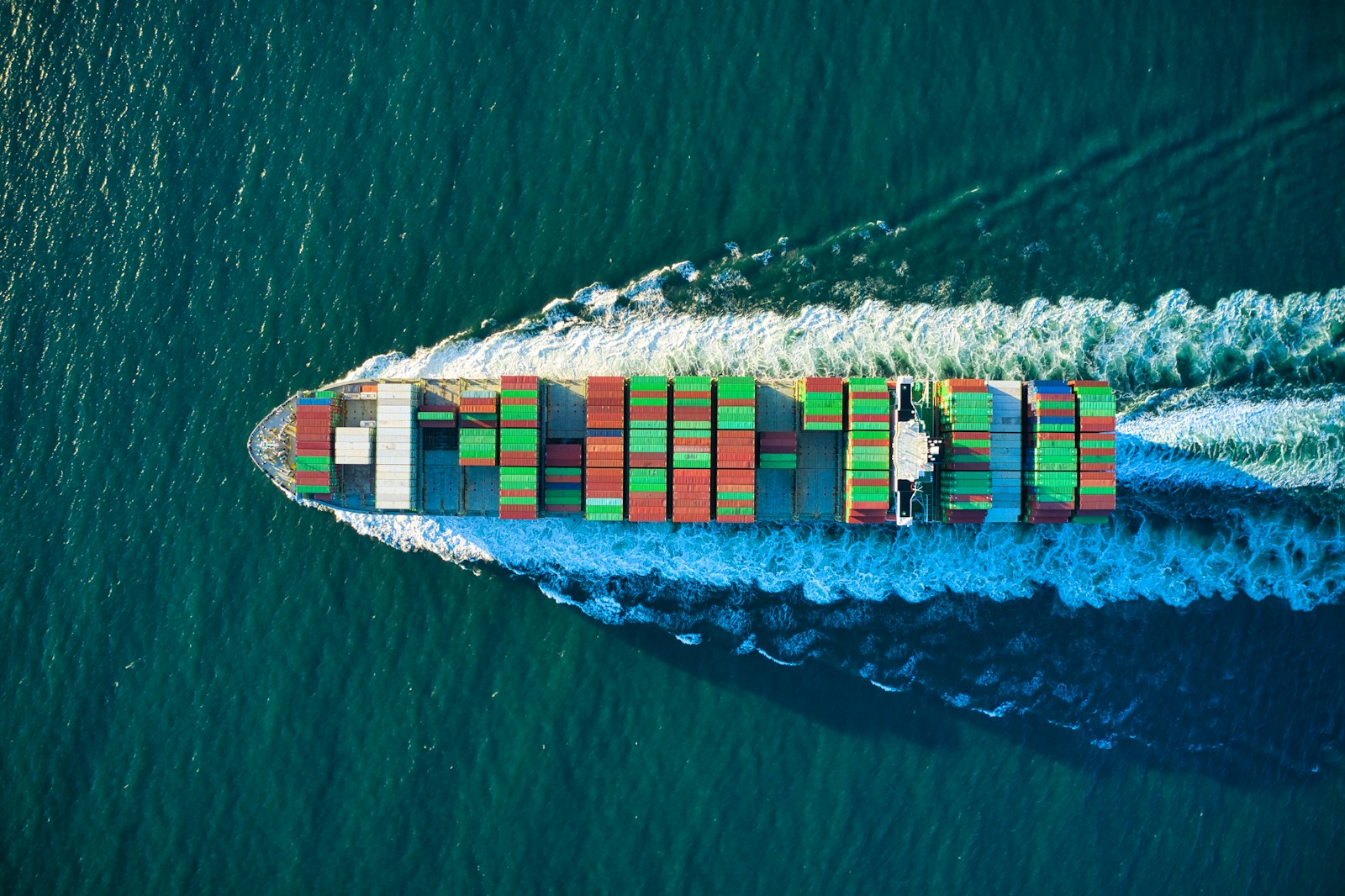The maritime industry in West Africa is evolving rapidly, driven by rising demand for petroleum products, infrastructure development, and regulatory shifts. As trade volumes grow and global shipping dynamics change, the role of ship brokers in facilitating efficient, cost-effective transactions has never been more critical.
At Lunarstone Limited, we stay ahead of these trends, ensuring that our clients—shipowners, charterers, and traders—navigate market complexities with confidence.
Key Trends Shaping Ship Brokering in West Africa
1. Growing Demand for Tanker Chartering
West Africa’s oil and gas sector continues to expand, increasing the need for spot and time charters to transport refined petroleum products. With major players like NNPC, Vitol, and Asharami driving demand, securing the right vessel at the right rate has become a strategic priority for traders and operators.
💡 Tip: Working with an experienced ship broker ensures access to the most competitive rates and reliable vessels for chartering needs.
2. The Shift Towards Digitalization
The maritime industry is embracing technology-driven solutions, from AI-powered market analysis to real-time tracking of vessel availability. Digital platforms are making ship brokering more transparent, helping clients make informed decisions based on data-driven insights.
🌍 What This Means for You: Companies that leverage market research and digital analytics will have a significant advantage in securing the best freight rates and vessel contracts.
3. Regulatory Compliance & Sustainability
As global regulations on carbon emissions and environmental sustainability tighten, shipowners and charterers must stay compliant with evolving policies. The adoption of eco-friendly vessel technologies and alternative fuels is becoming increasingly important in securing long-term commercial viability.
✅ Stay Ahead: Understanding the latest IMO regulations and working with brokers who prioritize compliance will be essential for successful maritime operations.
Opportunities for Shipowners & Traders
- Expanding Fleet Capacity – Investing in additional tanker assets or securing flexible charter agreements to meet growing demand.
- Leveraging Market Research – Using weekly shipping reports to make smarter decisions on fleet deployment and cost optimization.
- Building Strong Partnerships – Working with trusted ship brokers to streamline transactions and reduce financial risks.
Conclusion
The future of ship brokering in West Africa is full of opportunities, but success depends on market intelligence, strategic partnerships, and adaptability to emerging trends. At Lunarstone Limited, we are committed to providing transparent, efficient, and expert-driven maritime solutions.
🚢 Looking for a reliable ship broker? Let’s discuss how we can support your commercial shipping needs. Contact us today!


